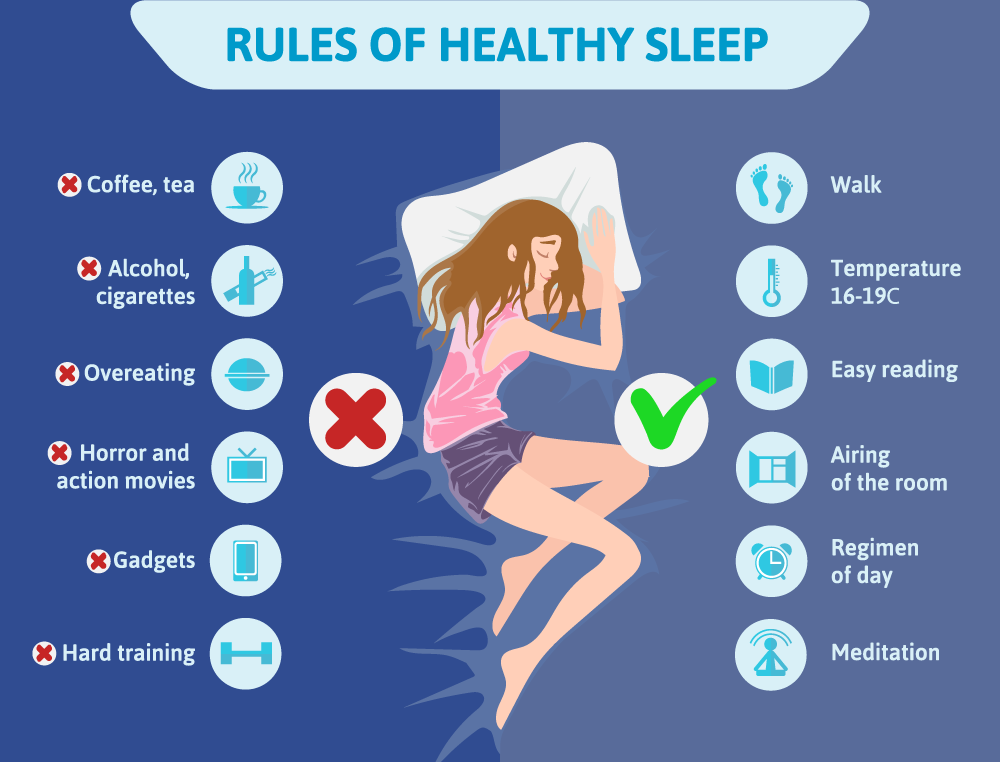Adequate and quality sleep is essential for the growth and development of children. It helps to restore their energy, enhances learning and memory, and promotes overall physical and mental well-being. However, many parents struggle with getting their children to establish healthy sleep habits. This article provides tips and strategies to promote healthy sleep in children. By implementing these suggestions, parents can ensure their little ones get the restful sleep they need for optimal health and development.
Establish a Consistent Bedtime Routine
A consistent bedtime routine is vital for signaling to a child’s body that it’s time to wind down and prepare for sleep. Create a routine that includes relaxing activities such as reading a book, taking a warm bath, or listening to soothing music. Implementing the same activities each night at the same time helps establish a sleep-inducing environment and routine for your child.
Create a Sleep-Friendly Bedroom Environment
The bedroom environment plays a significant role in promoting healthy sleep. Ensure the room is quiet, dark, and at a comfortable temperature. Eliminate distractions such as electronic devices and reduce noise. Providing a cozy and peaceful atmosphere will help your child fall asleep and stay asleep throughout the night.
Encourage Regular Physical Activity
Engaging in regular physical activity during the day can help children expend their energy, making it easier for them to fall asleep at night. Encourage your child to participate in age-appropriate activities such as biking, playing outdoors, or joining a sports team. However, make sure to avoid rigorous exercise close to bedtime, as it may overly stimulate your child and interfere with sleep.
Maintain a Consistent Sleep Schedule
Consistency is key when it comes to healthy sleep. Establish a regular sleep schedule by ensuring your child goes to bed and wakes up at the same time each day, including weekends. This helps regulate their internal body clock and promotes a more restful sleep. Avoid drastic changes to their sleep routine, as it can disrupt their natural sleep patterns and make it more difficult for them to fall asleep or wake up on time.
Limit Stimulants and Avoid Heavy Meals Before Bedtime
Stimulants such as caffeine or sugary foods and beverages can interfere with your child’s ability to fall asleep. Restrict their intake of these substances, especially in the late afternoon or evening. Additionally, avoid serving heavy meals close to bedtime as digestion can disrupt sleep. If your child gets hungry before bed, opt for a light snack such as a banana or a cup of warm milk, which can aid in promoting better sleep.
Ensure a Comfortable Sleep Environment
A comfortable mattress, pillows, and bedding contribute to a good night’s sleep. Make sure your child’s bed is comfortable and supportive. Choose breathable and hypoallergenic materials for their bedding to prevent potential allergic reactions or discomfort during sleep. Furthermore, ensure that their sleepwear is appropriate for the room temperature, as being too hot or too cold can disturb sleep.
Helping children establish healthy sleep habits is crucial for their overall well-being. By following these tips, parents can create a sleep-friendly environment and routine, ensuring their children get the restful sleep they need. Adequate sleep facilitates proper growth, development, and cognitive function. Promoting healthy sleep in children will not only benefit their physical and mental health but also contribute to a happier and more harmonious household.

